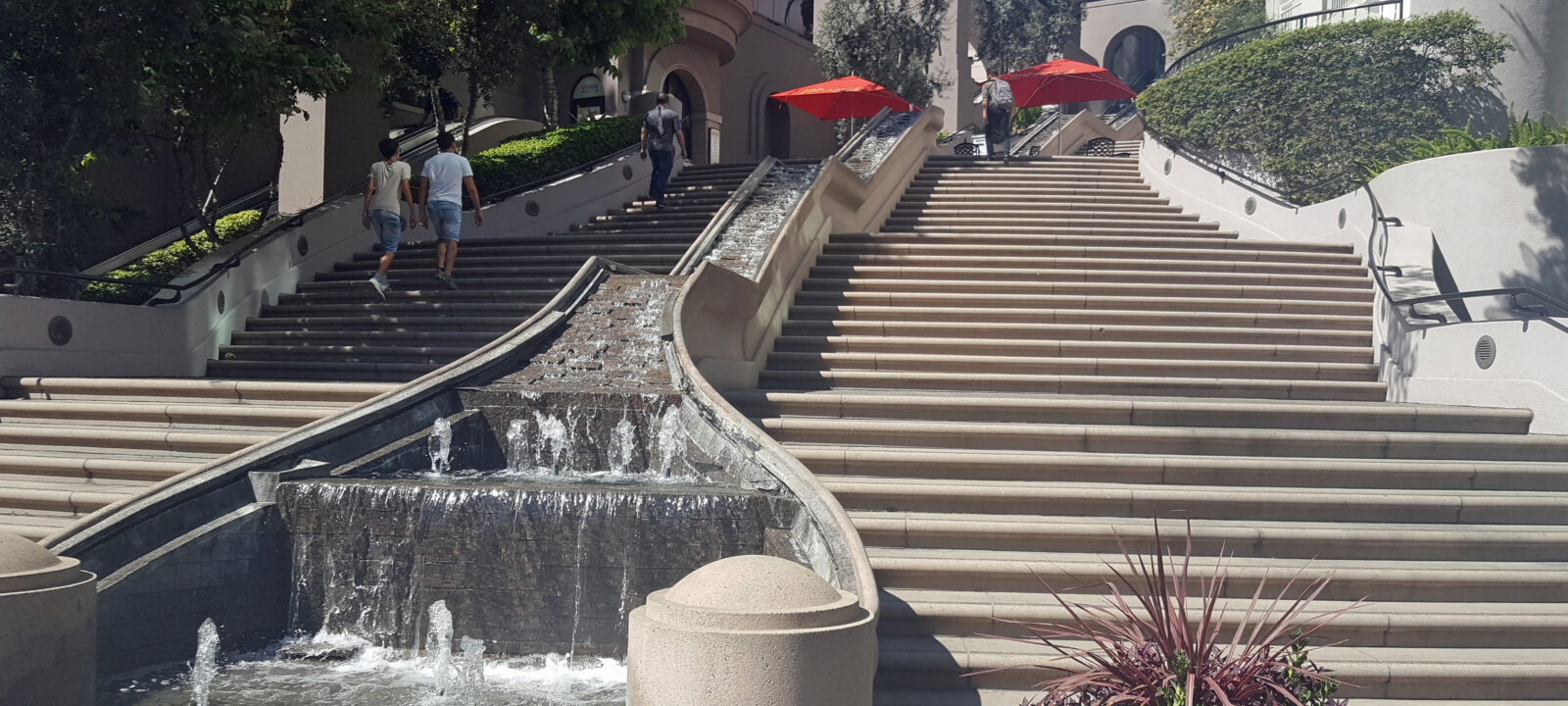TL;DR -- Bunker Hill steps down to the Central Library. The most important building in a city?
--
In this season of political BBQ, we wanted to look at things more neutral, from an Independent viewpoint. Today, The Atlantic published an editorial with their endorsement. Many have done so. Some publications, such as the Washington Post, have stayed neutral. But, that's bucking the normal, of this time very four years, which has been to take a side.
Let's see, sides? Well, the Dodgers won in New York and are 3-0. It'll be two more games before the World Serious goes back to LA in an area not far from Bunker Hill. So, the 250th of the Revolution is coming up, a little over a year. We were trying to ignore LA for a while but blame the Dodgers.
---
We cannot mention the Yankees and Dodgers without mentioning Reggie Jackson who played at three Series games between the two teams. He called the two teams as being part of the 'American fabric'. Yes, a few more might be mentioned such as the St. Louis Cardinals. Reggie was featured in an article in the USA Today.
----
Now, to the Central Libary. We have had other posts mentioning the Library: Past and Present (showing DTLA - several eras - from a point on Bunker Hill; Eighty eigth (about the year, 1888). Today, on FB/Meta, we saw a quote from Einstein:
"The only thing that you have to absolutely know is, the location of the library."
Now, that I can relate to. And, courtesy of the Los Angeles Converancy, we have a nice view of steps put in that lead from Bunker Hill to the Central Libray which was at the foot of the hill. The text mentioned a rise of five stories, but the Hill was a lot higher and was scraped into submission.
 |
| Bunker Hill steps Los Angeles Conversancy |
Let's put another, to discuss later.
 |
| Library tower, built using the Library's air rights 2nd largest building in LA, visible in lots of shots of DTLA |
10/29/2024 --




